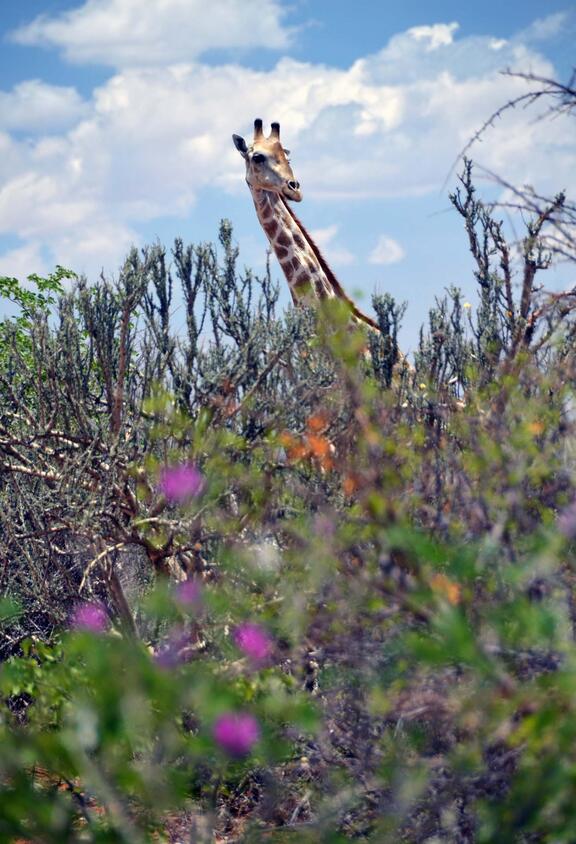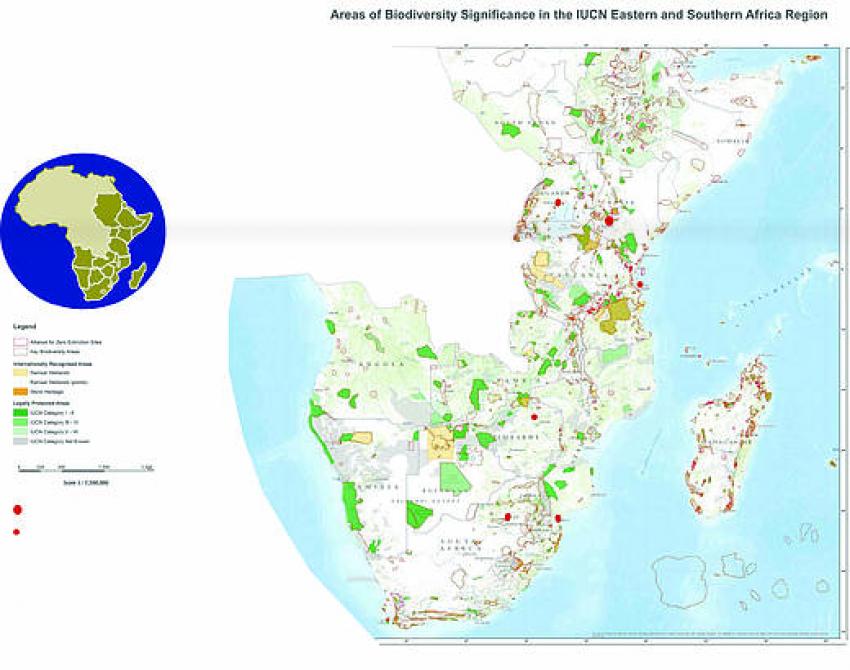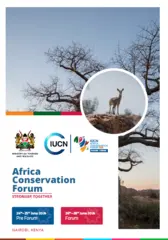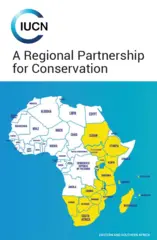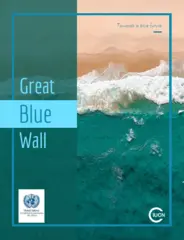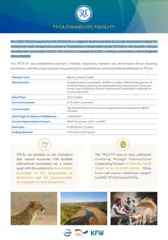About Eastern & Southern Africa Region: Versatility in conserving nature
The countries of eastern and southern Africa host a vast variety and abundance of the world’s biological and natural resources, including seven of the world’s biodiversity hotspots. Across the 24 countries - From the Horn of Africa to the Cape and including the Western Indian Ocean Islands, the region contains several centres of endemism where species of birds, mammals and plans reside nowhere else in the world. The region is also incredibly socially diverse, with a rich mix of cultures, ethnicities, religions and languages and a colourful blend of traditional customs and beliefs with contemporary societal practices
